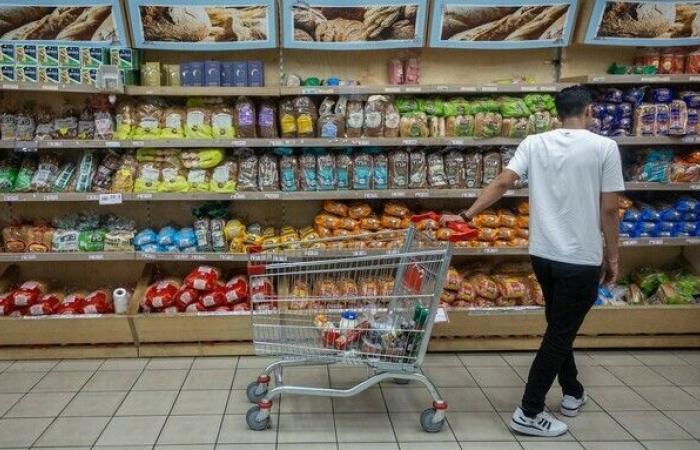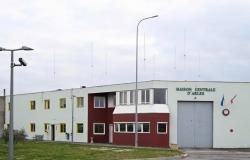On this first day of 2025, Israelis are discovering the extent of the increases that will significantly impact their purchasing power. The flagship measure is the increase in VAT from 17% to 18%, an increase which is expected to cost households between 8,000 and 12,000 shekels per year, with a particularly marked impact on property buyers. Essential services are also seeing substantial increases. Water prices rise by 2% (compared to 3.4% initially planned), electricity increases by 3%, and the housing tax (arnona) sees a record increase of 5.29%, the largest for 17 years. Public transport is not spared with a spectacular increase of 25%, the ticket going from 6 to 8 shekels.
In the food sector, the main industrial groups are imposing significant increases. Strauss increases its prices by up to 18%, Osem by up to 10%, Carmit by up to 18%, while Beit Hashita (9%), Unilever (16%) and Nestlé (9%) follow suit.
These increases take place in a context of war weighing heavily on public finances. Social security contributions are increasing by 1.6%, while family allowances are frozen, depriving families of a planned increase of 6 to 7.5 shekels per child per month.
At the same time, potential savings in the state budget remain untapped. Ten ministries had been identified as suitable for elimination or merger, saving hundreds of millions of shekels. Despite Finance Minister Smotrich's support for the closure of five of them, no restructuring was implemented, leaving taxpayers to bear the burden of budget adjustments alone.
“This wave of increases reflects the need to face the budget deficit linked to the war,” justify the authorities, while recognizing the significant impact on the purchasing power of Israelis, in a country already known for its cost of high life.






